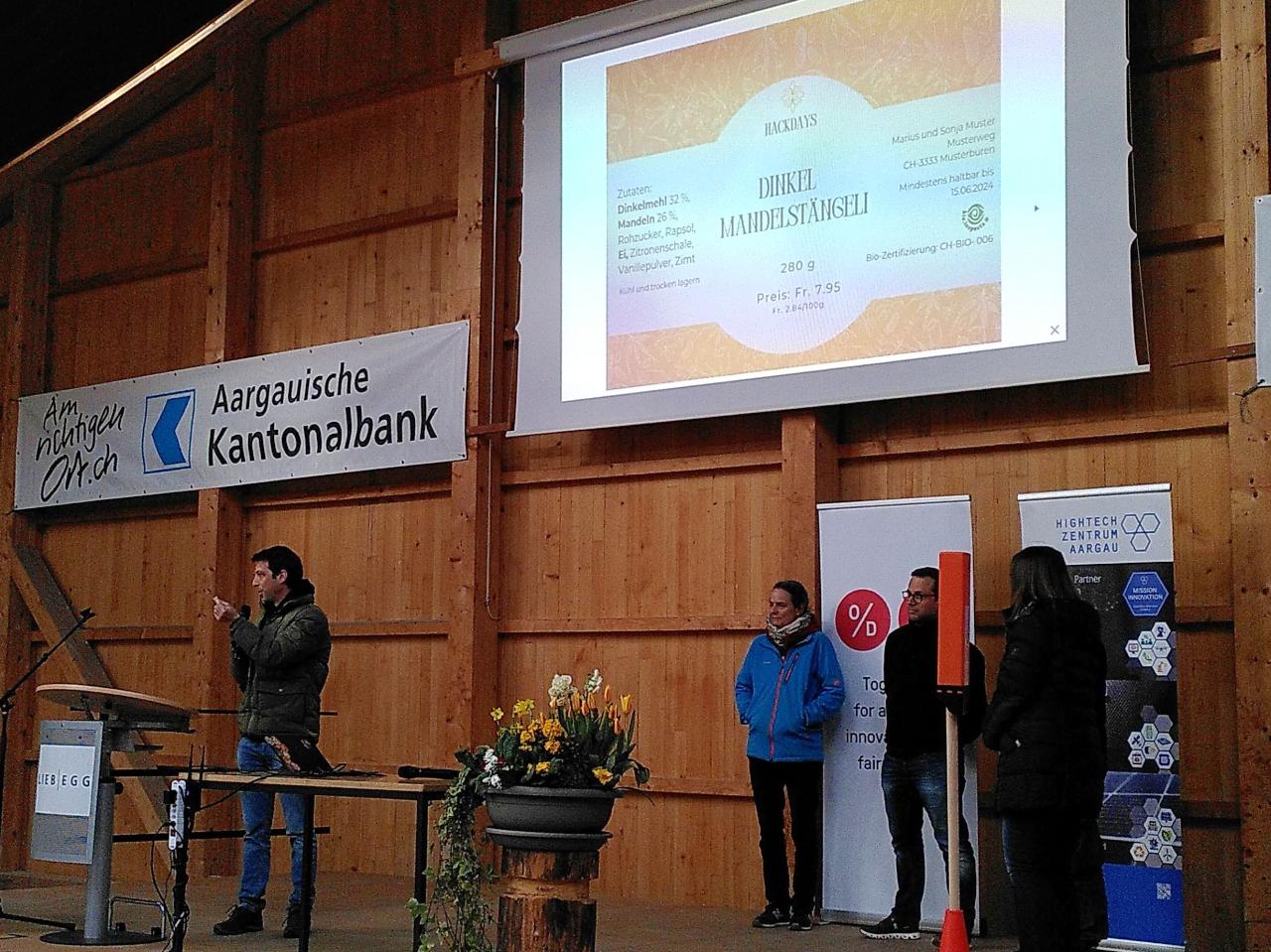What happens after the hackathon?
Sharing some insights into the journey of a hackathon team at Open Farming Hackdays with a successful trajectory. How do teams continue to work as a team after a hackathon?
Kickstart Hackathons
Hackathons are an instant deep-dive.
It is something many stakeholders tend to expect from hackathons: that ideas are being bootstrapped at the event, and a newly formed team is magically glued together in two days.
In reality, except for teams that come pre-formed to the hackathon, people turn back to what they have been doing before after the hackathon ends. I have experienced this multiple times as a hackathon participant and organizer. Almost none of the teams continue their hackathon projects after the final pitches. And hackathon organizers are better off supporting challenges that have a near and clear finish line.
Worthwhile innovation projects often take longer, so is a typical hackathon challenge just a warmup exercise, except for a few rare gems? Is this just normal, or some kind of a failure?
This spring, at the Open Farming Hackdays, for the first time I have experienced a different trajectory with the team I joined: Open Farming Hackdays: Label Creator didn't stop at the final pitch, but literally the whole team (not just half of it) put in considerable effort after the hackathon (by now, more than during the hackathon itself) and met each month, to continue the project. We have secured some funding, and further developed and tested the App, and even found more organisations wanting to collaborate.

How did this happen?
- it was encouraged by the organisers
- it was a team-viable path
How do hackathon organisers encourage continuation?
- By highlighting programs, that teams can apply to
- By giving the team building / challenge choice process the attention they deserve. Open Farming hackdays did this by publishing challenges in advance, having challenge posters like in a gallery, and by dedicating enough time for participants to choose (and talk with people)
What makes a post-hackathon path team-viable?
- Further collaboration is sustainable, meaning all team members gain something in return for their contribution. This gain can take many forms and also be altruistic.
- In my personal case, it was the prospect of paid Rust development (a cutting edge programming language still struggling to find its place in the industry).
- For other team members, it was the prospect of facilitating their daily work (answering "how to"-questions).
- This is in contrast to employer branding - focused hackathon challenges. Tackling such a challenge well does not translate into continuation, but in the best case into a (young?) hackathon participant getting hired. Or at least in a lead into the recruiting process. Also usually not the whole team can get hired, so the team composition ends at the hackathon by design. Challenges that are good for this setting tend to be artificial. Of course there are exceptions.
- If the team composition and activity already closely resembles a potential long term setup, a hackathon can serve as a high-intensity "probation period" for the team members and the project they collaborate on.
- For purely altruistic challenges (e.g. code to save the planet), the team must still align on a viable intensity to continue: An evening each week?
Hypotheses to be challenged and discussed
Freelance matchmaking hackathons
Hackathons as a matchmaking platform for ad hoc teams / freelance work could be a particularly good fit. Hackathons with the goal of matchmaking around freelance work could be a format worth exploring.
Team-viable Employer branding
Employer branding challenges could improve by providing a perspective beyond the hiring process for a few persons of the team. If multiple positions are to be filled, existing team members should also be part of the team during the hackathon, so both sides could already experience how working together feels like.
State Goals during Team building
Instead of aligning just by skills and interests, we could try and build teams by goals. Having each participant state their goals for a hackathon and align teams around them could lead to more teams staying together in some form after the hackathon.
Examples:
- gain experience with Neural Networks and regularly work a few hours on a corresponding Open Source Project
- iterate on my platform Idea with real developers
- showcase my competence/productivity over two days and apply for a job at SBB
- have regular exchange with fintech people by working on an Open Source app together with an expert from UBS. ...
Previous
Hack:Org:X v.4